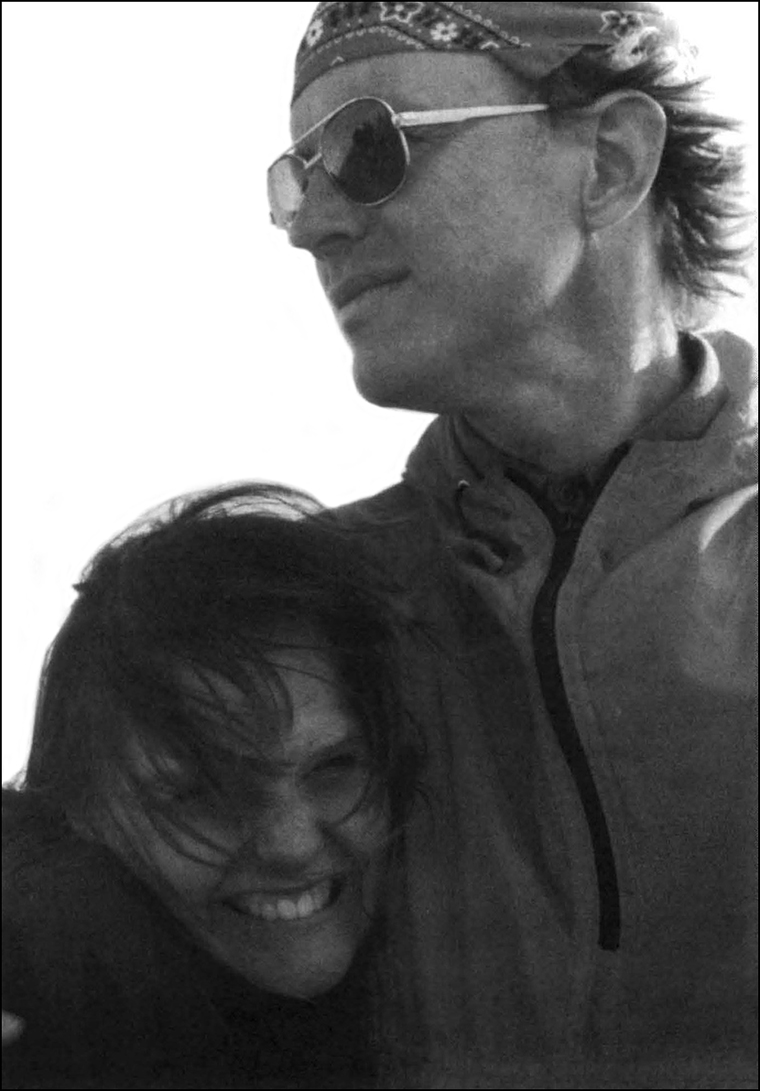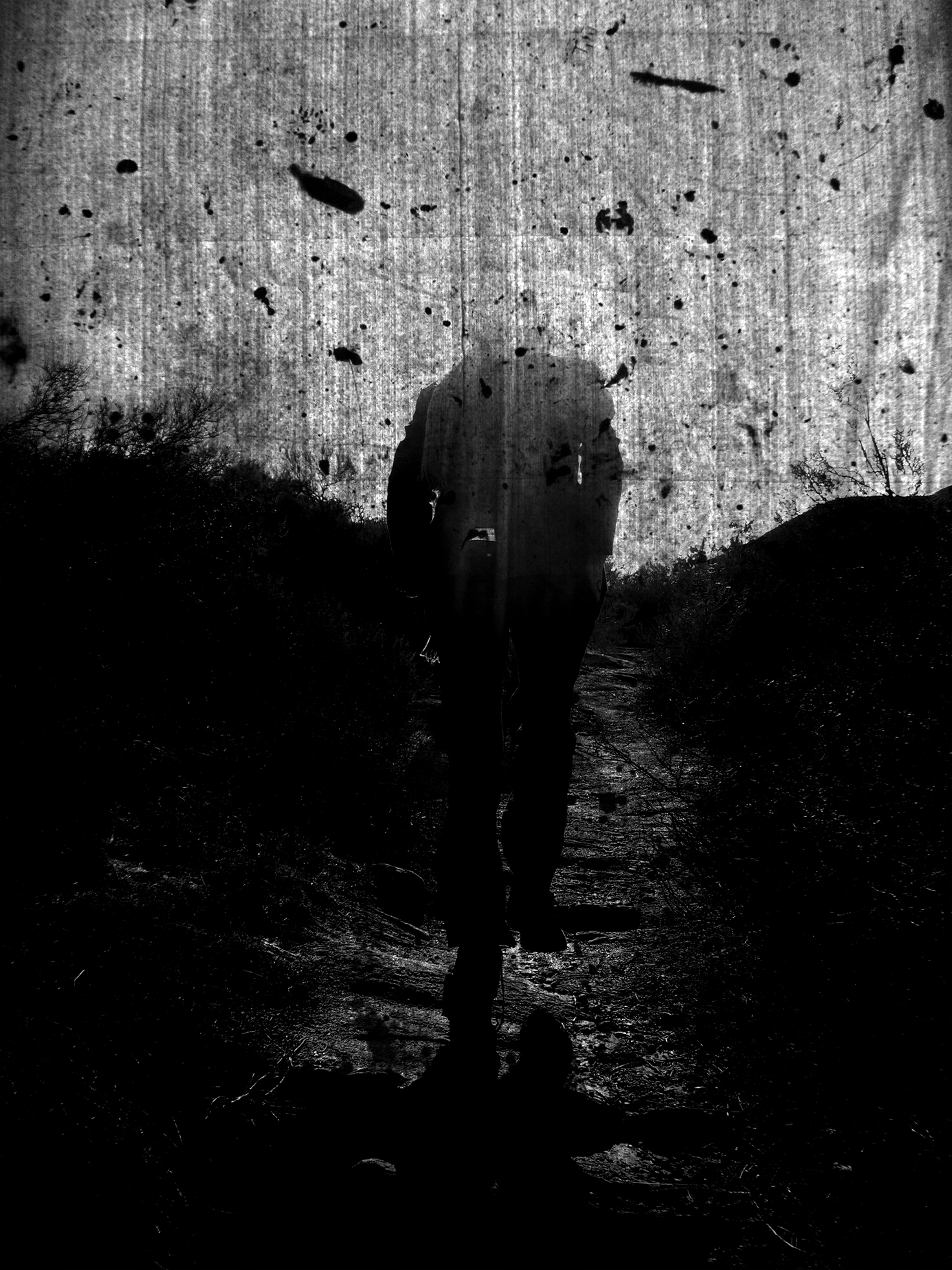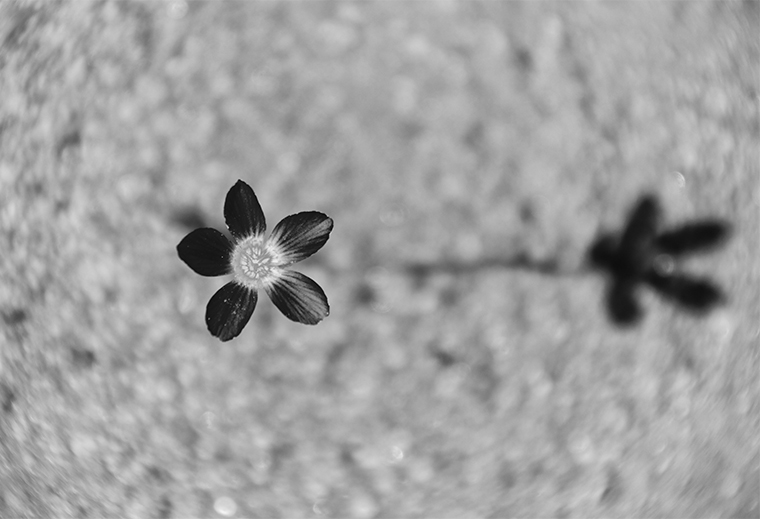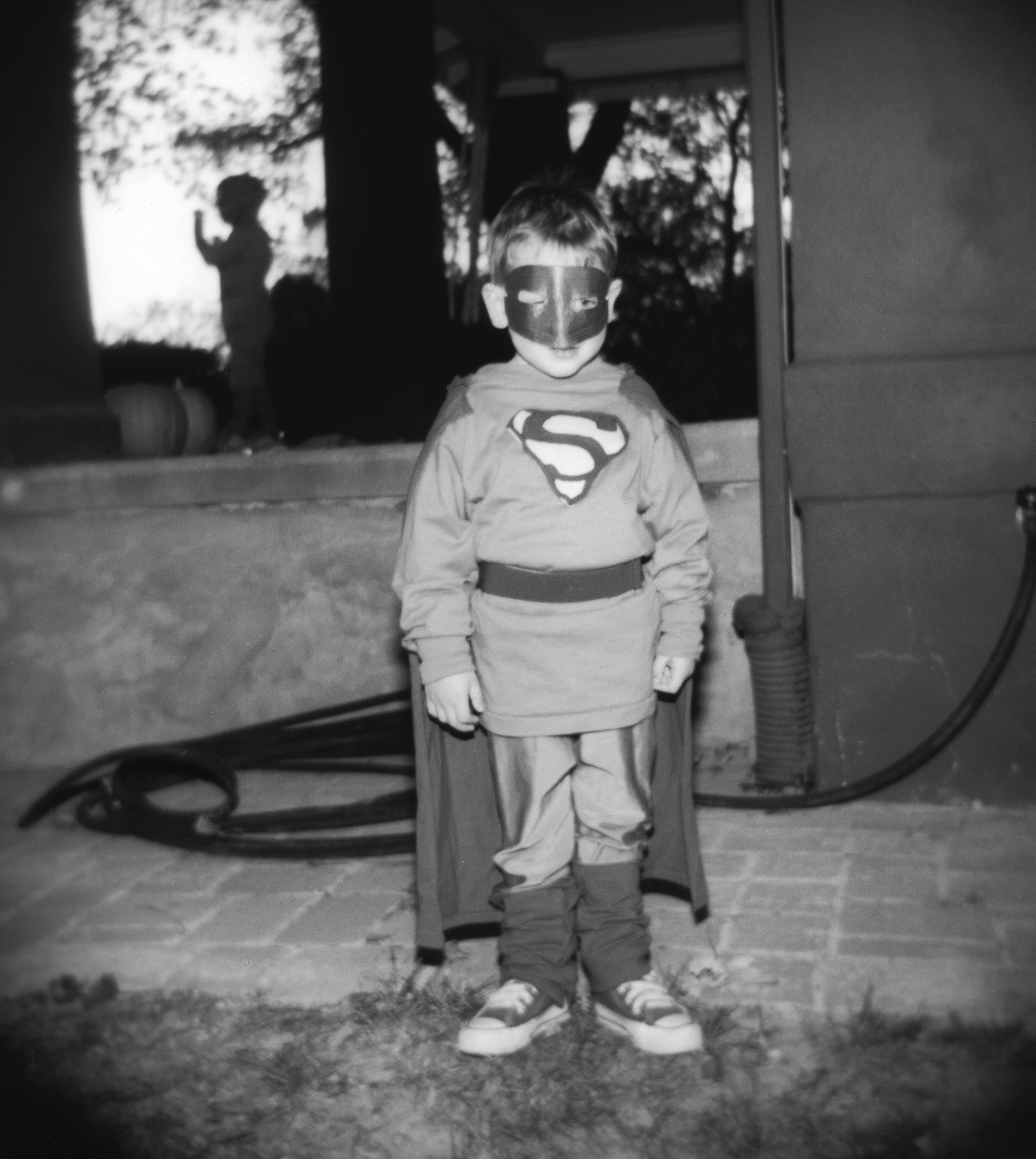We use cookies to improve our services and remember your choices for future visits. For more information see our Privacy Policy and Terms of Use.
Exploring Awe
Selections from the Archives
Mark Leviton’s September interview with Dacher Keltner explores awe, including its physical and psychological benefits. This month’s archive selections expound on the different ways we experience it — whether profound, unexpected, or painful.
Take care and read well,
Your friends at The Sun
Homage to a Sorcerer
About a year later, the woman . . . sent me a pamphlet that Carlos [Castaneda] had printed privately. He’d requested she send it on to me. One passage goes:
“Sorcerers understand discipline as the capacity to face with serenity odds that are not included in our expectations. For them, discipline is a volitional act that enables them to take anything that comes their way without regrets or expectations. For sorcerers, discipline is an art: the art of facing infinity without flinching, not because they are filled with toughness, but because they are filled with awe. . . . Discipline is the art of feeling awe.”
Any manifestation of the universe, any way in which it behaves toward us, isn’t merely about us, isn’t merely psychological, but is a movement of the universe. What happens to us, no matter what it is, connects us to everything, and in that connection, what can we feel but awe? “A live world,” Carlos wrote, “is in constant flux. It moves; it changes; it reverses itself.” We try to defend ourselves against that, but we cannot. The only freeing response is awe.
When I saw him years ago in that cellar, an unhappier man than the dying man at lunch, I wrote: “His presence was an admission that every truth is fragile, that every knowledge must be learned over and over again, every night, that we grow not in a straight line but in ascending and descending and tilting circles, and that what gives us power one year robs us of power the next, for nothing is settled, ever, for anyone.”
Now I would add: What makes this bearable is awe.
Go well, Don Carlos.
March 1999Foxglove Canyon
Today is the second Tuesday of the month, the day Summar — with an a — comes to give a poetry workshop for anybody who wants to write. Summar taught at Pitt with Marty before Marty was diagnosed with MS. We cannot pay her. She wouldn’t take it if we could. She starts by reading poetry in the dining room. The words come through her like she’s a harp, something delicate being touched by language. Everyone is quiet when she recites. Nobody moans. Ruby stops the washers and dryers. The women in the kitchen have baked ginger cake and sprinkled it with powdered sugar for Summar’s visit. Poetry’s different than preaching. We have preaching on Sundays. Poetry is the flower you stumble across growing near the barn, a purple bloom that nobody planted.
Summar takes off her pink sweater and gives Marty a hug. Marty’s eyes smile, like she’s saying, “Thanks for coming; thanks for not forgetting me.”
February 1998
The author and his daughter.
© Mieke Maas Crider
Losing Gretchen
I walk through the valley of the shadow of death, but, unlike the Psalmist, I fear evil everywhere.
It’s deeper than fear, really; it’s dread. He feels like a dog who’s lived through being run over once and now jumps at the slightest sound. When the phone rings, his heart sinks. He thinks someone else has died: his wife, his mother, his brother, a friend. In a store or on a street he hears a child scream in delight, but instead he hears horror, and turns to see if the child needs help. Several times a day, waves of fright splash up from a sea of dread.
In addition to the expected definition of dread (“to anticipate with anxiety, alarm, or apprehension; fear intensely”), he finds this also: “fear mixed with awe or reverence.”
Yes, there is awe in what I feel. It’s what I imagine a mole might feel when the top of its burrow is scraped away by a grizzly. It comes from being one who is tiny in the presence of a greater, malevolent power. This power snatched my daughter away from me. What will it do next?
June 1996Warm Regards
Three-year-old Jersey Lem leaned forward and rested his chin on his tan, plump forearms, which bridged the handlebars of his tricycle. There was an invisible force field that ran between the last square of concrete sidewalk and the driveway of the house next door. . . Lounging in his saddle, Jersey Lem was regarding gravely the awesome power of his mother; it was her job to recharge the force field. His bare foot rested on the warm sidewalk, and he felt as if the concrete radiated his mother’s warmth. . . .
Jersey Lem closed his eyes and felt the warmth on the soles of his feet and the sunshine on his skin. His Superman cape, which he had taken the precaution of soaking in the sprinkler, was pulled up over his head — otherwise his scalp would feel warm, too. The wet cape gave him a delicious chill as he sat at his sentry point. He was good at his job, which was to monitor the force field and alert his mother when it began to weaken.
April 1996We’ll mail you a free copy of this month’s issue. Plus you’ll get full online access—including more than 50 years of archives.
Request a Free Issue

